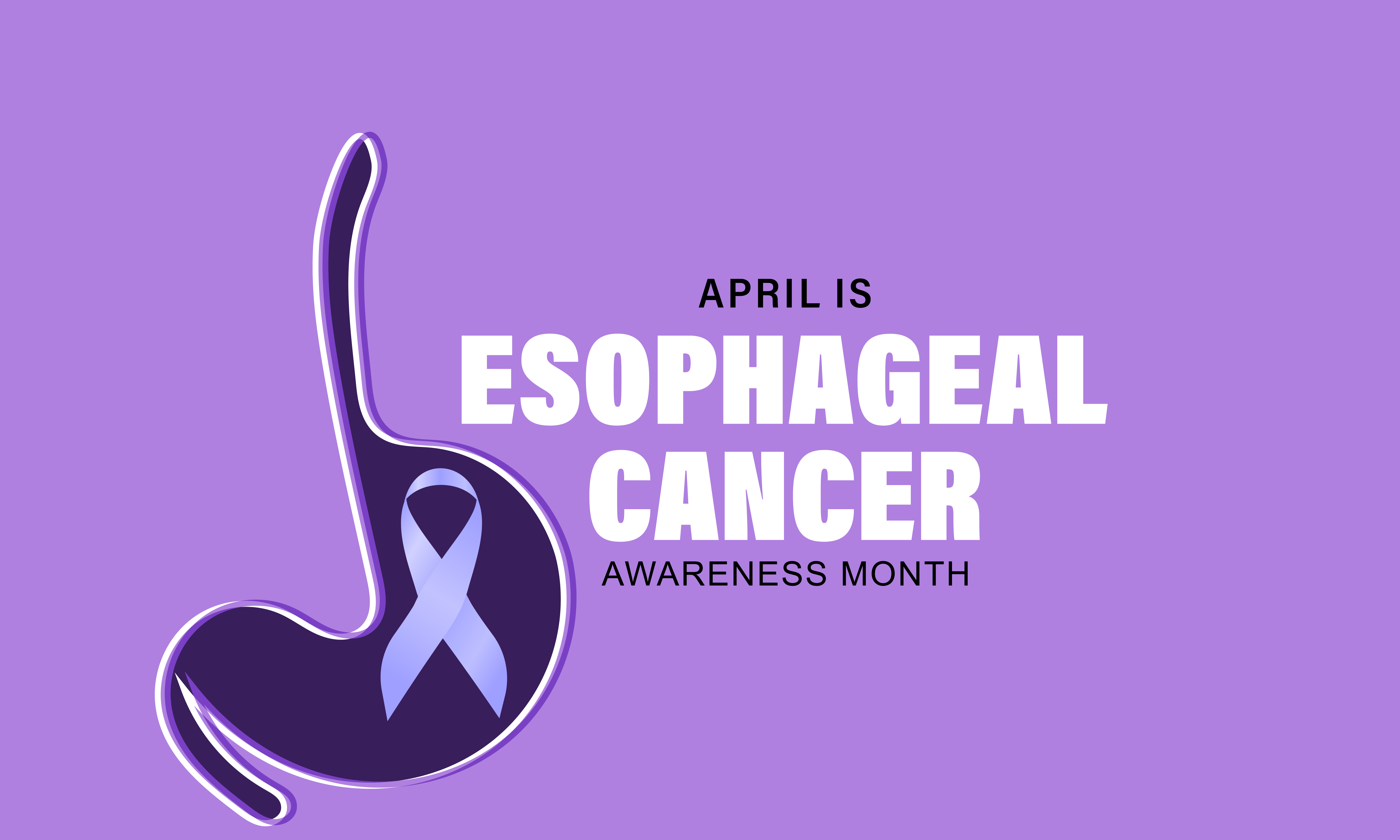Increasing Levels of Microplastics in Human Brains
Increasing levels of plastic pollution are causing problems for human beings. The exponential rise in microplastics can be seen as contamination in human brains. Research found a rising trend in micro- and nano-plastics in brain tissue from dozens of postmortems carried out between 1997 and 2024. Particles were also found in kidney and liver samples. Microplastics have also been found in blood, semen, breast milk, placentas, and bone marrow. The impact is mostly unknown but microplastics have been linked to strokes and heart attacks. It was also found by scientists that the concentration of microplastics was around six times higher in people with dementia. The damage that dementia causes to the brain would be expected to increase concentrations, so no causal link should be assumed.
Microplastics are broken down from plastic waste and have polluted the entire planet. They can be found from Mount Everest to the depths of the oceans. People can consume these particles via food and water and can also breathe them in. A recent study found that plastic pollution was higher in placentas from premature births. Another study found that microplastics can block blood vessels in the brains of mice which can then cause neurological damage. Human capillaries are much larger so this may not be a problem for humans.
The new research, published in the journal Nature Medicine, looked at samples of brain, liver, and kidney tissues from 28 people who died in 2016 and 24 people who died in 2024 in New Mexico. Microplastics were much higher in brain tissue of the 2024 group. It was also higher in liver samples from 2024 versus those from 2016.
The scientist extended the analysis with brain tissue samples from people who died from 1997 through 2013 on the east coast of the United States. There was an increasing trend in microplastic contamination in brains from 1997 to 2024. The most common plastic found was polyethylene, which is used in plastic bags and food and drink packaging, making up 75 percent of the total amount of plastic on average. The plastic in brains was mostly made up of nanoscale shards and flakes of plastic. The plastic concentrations in the organs were not influenced by the age of the person at death, the cause of death, the person’s sex, or their ethnicity.
Only one sample from each organ was analyzed, so the variability of plastic within organs was unknown. Variation between brain samples could be due to geographic differences between New Mexico and the US east coast. Results from the study highlight the need to understand the routes of exposure, uptake, and clearance pathways and the potential health risks of plastics in human tissue, especially the brain.
The levels of plastics in brains correlated with the levels of plastics produced throughout the years. This means that it is possible that if we reduce plastic production and reduce environmental contamination of microplastics, the levels in humans would also decrease.
Were you exposed to a toxic substance? Contact us today to see if you could be entitled to compensation. Call 412-471-3980 or fill out our contact form and a member of our team will get back to you as soon as possible.




